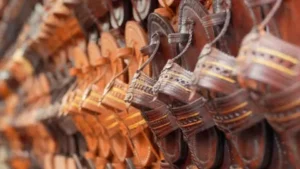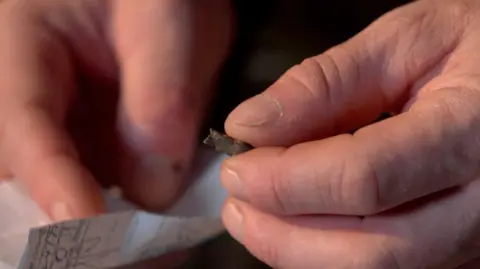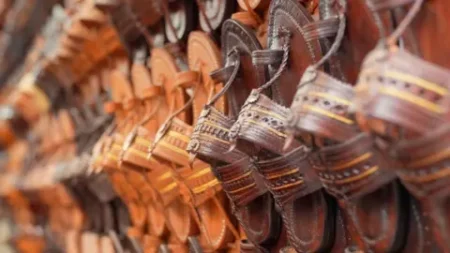The article titled “They took shrapnel from my heart – the magnets saving lives in Ukraine,” written by Anastasiya Gribanova and Scarlett Barter for the BBC, unfolds an astonishing story of innovation amidst warfare in Ukraine. It centers on the harrowing experiences of Ukrainian serviceman Serhiy Melnyk, who endured significant injuries from a Russian drone strike while engaged in combat in eastern Ukraine. The remarkable aspect of his recovery is attributed to the invention of a magnetic extractor that has revolutionized battlefield medicine.
Serhiy Melnyk vividly recalls the moment he was injured, pulling out a rusty piece of shrapnel that once became lodged in his heart. His account details how the shard sharply grazed his kidney, pierced his lung, and embedded itself deep within his heart. Initially attributing his shortness of breath to exhaustion caused by wearing body armor, he was unaware of the actual critical condition he was in. Medical intervention was urgent; as it turned out, untreated, his injury would have been fatal. Serhiy reflects on the severity of his wound, noting how the doctors indicated that he was fortunate to have survived due to the nature and location of the shrapnel.
The escalation of drone warfare has resulted in a growing number of injuries similar to Serhiy’s. In fact, battlefield medics in Ukraine report that shrapnel wounds now account for approximately 80% of battlefield trauma. The increasing complexity of these injuries, caused by drone weaponry, poses significant challenges for traditional medical treatment methods. It is here that the innovation of magnetic extractors comes into play, offering a safer and less invasive way to remove metallic fragments from patients.
Dr. Serhiy Maksymenko, a cardiovascular surgeon, is at the forefront of utilizing this new technology. He has demonstrated how this device works in a clip, showing a metal fragment trapped within Serhiy’s beating heart being gently extracted by a thin magnet-tipped tool. The device allows for small incisions instead of larger, more traumatic cuts to access the heart. Over the course of just one year, Dr. Maksymenko’s medical team has successfully conducted over 70 operations using this method, greatly enhancing front-line medical practices in Ukraine.
The idea for the magnetic extractor originated from the pressing needs voiced by front-line medics. Volunteer Oleh Bykov championed this initiative after years of supporting the military since the conflict began in 2014. Drawing from historical medical practices that utilized magnets as far back as the Crimean War, Oleh’s team modernized the concept, creating various models flexible for different types of surgery, including abdominal and bone surgeries.
The magnetic extractors have proven to change the precision of operations, allowing for quicker and more effective removal of shrapnel without excessive trauma to the patient. The tools have gained popularity among medics working under dangerous conditions where time is of the essence, enabling them to save lives more effectively.
Despite the promising capabilities of these devices, they lack official certification from the Ukrainian Health Ministry, which typically mandates compliance with technical regulations. However, due to the ongoing state of emergency, the use of these uncertified tools is permitted to meet military needs. Oleh emphasizes the urgency in providing solutions that save lives, humorously adding that if he had to face legal consequences for their usage, he would accept accountability, and so would all medical practitioners utilizing these devices.
Prominent war medic David Nott has echoed opinions on the necessity of certification, noting that in war, embracing innovation for the sake of saving lives takes precedence over bureaucratic hurdles. He acknowledges the device’s potential in various conflict zones beyond Ukraine, such as Gaza.
As the story circles back to Serhiy’s family, the emotional weight of these experiences becomes tangible. His wife Yulia expresses profound gratitude for the inventors of the magnetic extractor, reflecting the invaluable contribution of innovation to the preservation of life in the context of warfare.
In conclusion, this article highlights not only the resilience of those affected by conflict but also inspires hope through the ingenuity of medical inventions, underscoring how necessity gives rise to remarkable advancements in healthcare, even in times of dire strife.











